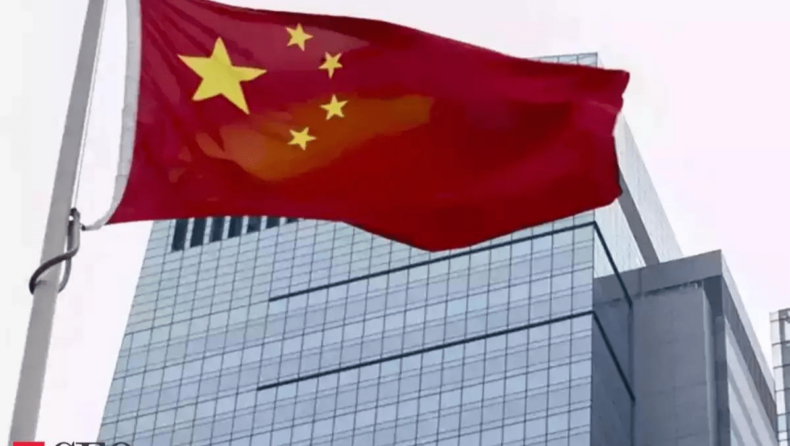China has set a GDP target that is the lowest it has been in decades. Premier Li Keqiang warned of a “grave and unclear” future on Saturday, citing the coronavirus, a property collapse, and concern over the Ukraine war as reasons. In his speech opening the annual session of China’s rubber-stamp parliament, Li stated an exceptionally low aim of roughly 5.5 per cent, the lowest since 1991.
In Beijing’s cavernous Great Hall of the People, Li told roughly 3,000 members of the National People’s Congress (NPC) that the world’s second-largest economy “would face many more risks and obstacles, and we must keep going to conquer them.” As per his speech, which is China’s version of an annual state of the nation address, the goal was set to preserve stable employment, provide basic living necessities, and “protect against hazards.”
In China, where the ruling Communist Party has staked its legitimacy on stable economic growth and rising living conditions, the growth objective is rigorously monitored. If economic growth slows too much, the party is concerned about social unrest among the country’s large population.
– Stability is a “top priority” – Li emphasized that economic stability must be a “top priority.”
The annual parliament session is a whole week of highly choreographed sessions that sets out the party’s political ambitions, economic expectations, and foreign policy aims, and this year’s version comes in a year when President Xi Jinping wants to consolidate his grip on power even further.
Prior sessions have seen high-profile legislation introduced, such as Hong Kong’s severe national security law and reversals of the country’s one-child policy, but no major legislation is expected this year. China’s economy is slowing down significantly in recent years, compared to previous boom decades, when annual increase topped 10%.
A cascading property market fall, regulatory crackdowns on the property, IT, and banking sectors, and virus outbreaks resulting in suffocating containment measures have all hammered it recently. Last year, China’s economy, a crucial engine of global growth, easily exceeded the official target of at least 6% growth, growing by 8.1 per cent, albeit it slowed significantly in the second half.
China’s “zero-Covid” policy has mostly confined the virus and allowed the economic activity to continue, but consumer demand has been affected in recent months by a series of outbreaks and extensive containment measures.
Beijing’s efforts to rein in excessive debt and widespread consumer speculation have weighed in as well. On Saturday, the administration said that China’s defence expenditure, which is the world’s second-largest behind the United States, will rise by 7.1 per cent this year to 1.45 trillion yuan ($230 billion), in line with recent years. China has spent billions of dollars to modernize its massive military into a force that can compete with the US and other Western powers.
In the run-up to the autumn party conference in 2022, the mantra will be “stability, stability, stability,” according to Yuen Yuen Ang, author of “China’s Gilded Age.” Last year, a significant resolution on China’s history was enacted to bolster Xi’s hold on power by enshrining his vision for the country. “President Xi is on a mission to redefine China’s definition of progress, as well as the basis for the Party’s legitimacy,” she continued.
Edited by- Subbuthai Padma
Published by-Radhika. N













